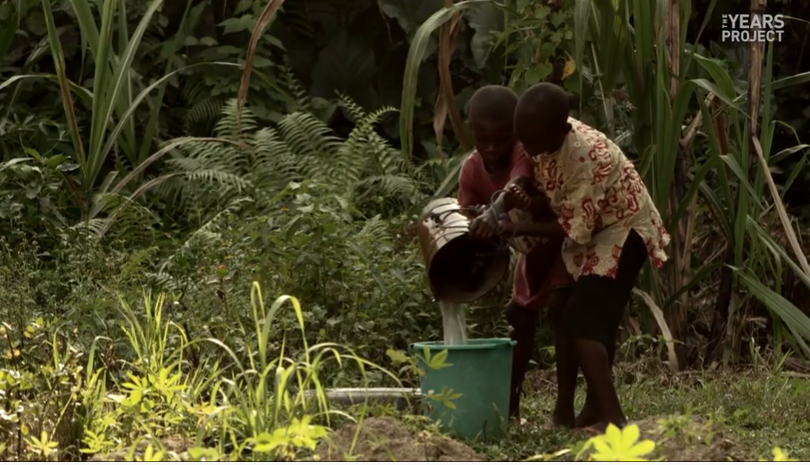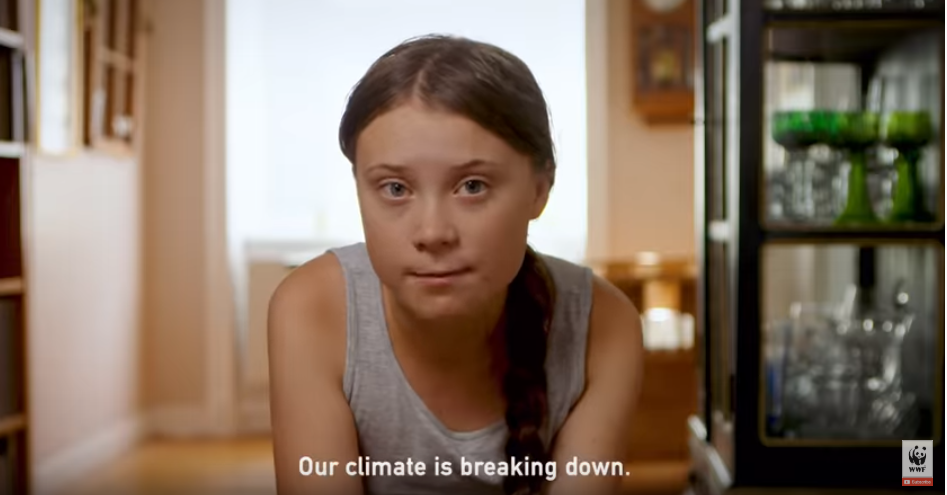Briefing and discussion on UN Climate Action Summit outcomes related to Nature-Based Solutions
Discussion details

While in Brussels in October 2019, Mario Boccucci, Head of the United Nations Programme on Reducing Emissions from Deforestation and Forest Degradation (UN-REDD Programme) Secretariat hosted by the UN Environment Programme (UNEP), had a lunch time debriefing session with representatives from EU institutions and civil society, on the outcomes of the United Nations (UN) Climate Action Summit. Mr Boccucci was part of the facilitation team which supported the Nature-Based Solutions (NBS) process in the lead up to the Summit.
The UN Climate Action Summit convened by the UN Secretary-General on 23 September 2019 in New York was a call for world leaders to step up efforts to address climate change and achieve the goals of the Paris Agreement. It was also an opportunity for redefining people’s relationship with nature, Mr Boccucci noted. “By working with nature, we have the potential to reduce emissions by more than a third of what is needed by 2030,” he told participants.
“Nature was taken up as a solution pathway from the start,” Mr Boccucci told the participants. As part of the preparations, the UN Secretary-General had initiated nine coalitions comprised of national governments, joined by other stakeholders, to undertake preparatory work and to ensure ‘transformative outcomes.’ One of the coalitions focused on NBS to climate change, harnessing nature’s capacity to reduce emissions, enhance resilience, and offer a crucial response to climate change, biodiversity and sustainable development at the scale and pace that is needed.
On preparations, Mr Boccucci underlined the personal commitment of UN Secretary-General Antonio Guterres in tackling climate change as “the defining issue for humanity.” The Climate Action Summit and the preceding Youth Summit, all aimed to focus the attention of world leaders (government, businesses, civil society) on the urgency for action to address the climate emergency, and on increasing their ambition to address climate change. The Summit led to a surge of engagement to reduce emissions and protect people against increasing impacts of climate change. Read more here.
Mr Boccucci went on to provide some insights into the negotiations process of the NBS Coalition, co-led by China and New Zealand and supported by the UN Environment Programme (UNEP) and David Nabarro, Special Adviser to the UN Secretary-General on the 2030 Agenda for Sustainable Development and Climate Change.
“There is now an unstoppable and growing movement that understands the value and power of nature for climate and sustainable development,” he told participants. “There is also a critical mass of leaders that speaks in favour of it.”
The NBS Coalition launched the NBS for Climate Manifesto, a plan to unlock the full potential of nature for climate action, with the support of more than 70 governments, private sector, civil society and international organizations, accompanied by nearly 200 initiatives and best practices from around the world.
Mr Boccucci highlighted the role of forests in addressing climate change and explained the work of the UN-REDD Programme and how reforestation as a nature-based solution can help address climate change.
He went on sharing the video message from young environmental activist, Greta Thunberg and George Monbiot, who are calling for #NatureNow and emphasizing the need to “protect, restore and fund” nature, at a massive scale in the fight against climate change. The video was followed by a discussion aimed at understanding how to facilitate the scaling up of nature based solutions.
Suggestions made included the following: Communication was considered key to help understand the agenda to protect, restore and fund forests and scale up. This implies making the business case to protect nature and connecting all the players (governments, civil society, businesses etc.). In this the voice of youth was acknowledged by the various participants as fundamental, including on their capability of convincing older generations to act and change. Many agreed that the massive youth mobilization for the climate has made many people more aware of the climate crisis.
Participants agreed that both system and behavioural changes were very much needed to successfully face the climate crisis and that nature based solutions should play a more important role in the next Nationally Determined Contributions. One participant called for a change from the national contributions (NDCs) to intentionally determined commitments (IDCs), that would highlight the binding nature of commitments made to the environment and to future generations.There was also a call to shift and increase finance that goes to nature.

Participants viewed following video of #FaithForForests narrated by Dr. Jane Goodall, famous English primatologist and anthropologist. In the video Dr. Jane Goodall projects the hope for a future where faith unites us to make forests a shared spiritual priority, adding that protecting rainforests is a moral responsibility for all people of faith.
Looking ahead, Mr Boccucci highlighted that 2020, the Super Year for Nature, will provide an unprecedented opportunity to start a new course for Nature, to exponentially accelerate ambition and scale up action in the coming decade. The 2020 UN Biodiversity Conference, scheduled for October in Kunming China, and the UN Climate Change Conference COP26, in Glasgow (UK) in November 2020, will be important forums to turn ideas into operational and results-based outcomes. In particular, for the Biodiversity COP in China, Mr Boccucci shared the hope of achieving national commitments around specific outcomes related to for instance greening supply chains, greening cities, greening infrastructure and increased investments in South-South cooperation.
In his closure, Mr Boccucci reiterated that the next 12 months will be crucial in order to “protect, restore and fund’ nature. The real work starts now so that in the next ten years we can scale up the delivery on the climate and biodiversity agendas.

Log in with your EU Login account to post or comment on the platform.